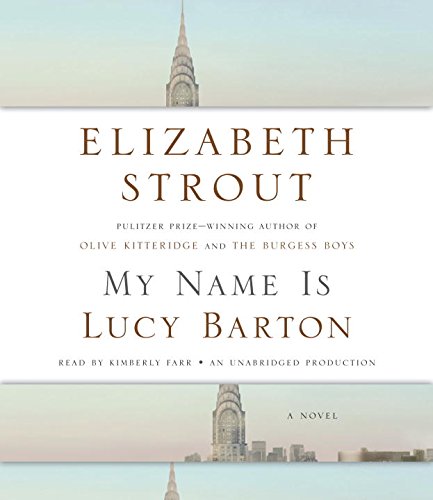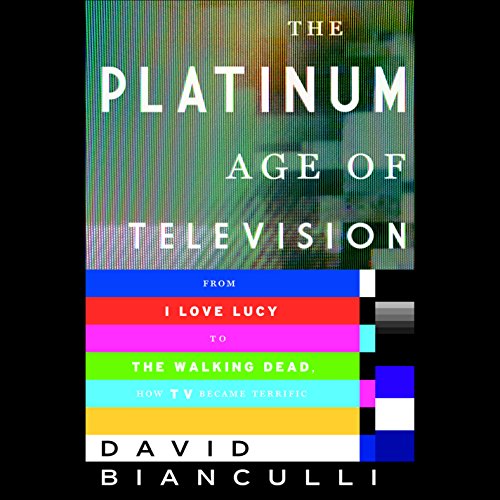
A new book by Pulitzer Prize winner Elizabeth Strout is cause for celebration. Her bestselling novels, including Olive Kitteridge and The Burgess Boys, have illuminated our most tender relationships. Now, in My Name Is Lucy Barton, this extraordinary writer shows how a simple hospital visit becomes a portal to the most tender relationship of all—the one between mother and daughter.
Lucy Barton is recovering slowly from what should have been a simple operation. Her mother, to whom she hasn’t spoken for many years, comes to see her. Gentle gossip about people from Lucy’s childhood in Amgash, Illinois, seems to reconnect them, but just below the surface lie the tension and longing that have informed every aspect of Lucy’s life: her escape from her troubled family, her desire to become a writer, her marriage, her love for her two daughters. Knitting this powerful narrative together is the brilliant storytelling voice of Lucy herself: keenly observant, deeply human, and truly unforgettable.
Praise for Elizabeth Strout
“Strout has a magnificent gift for humanizing characters.”—San Francisco Chronicle
“What truly makes Strout exceptional . . . is the perfect balance she achieves between the tides of story and depths of feeling.”—Chicago Tribune
“[Strout] constructs her stories with rich irony and moments of genuine surprise and intense emotion.”—USA Today
“Strout animates the ordinary with an astonishing force.”—The New Yorker
“[Strout’s] themes are how incompletely we know one another, how ‘desperately hard every person in the world [is] working to get what they need,’ and the redemptive power in little things—a shared memory, a shock of tulips.”—PeopleAn Amazon Best Book of January 2016: Do not be misled by the slimness of this volume, the quietness of its prose, the seeming simplicity of its story line: Elizabeth Strout’s My Name is Lucy Barton is as powerful and disturbing as the best of Strout’s work, including the Pulitzer Prizewinning Olive Kitteridge. In fact, it bears much resemblance to that novel– and to Strout’s debut Amy and Isabelle–in that it deals with small-town women, who are always more complicated than they seem and often less likable than many contemporary heroines. Here, Strout tells the story of a thirtysomething wife and mother who is in the hospital for longer than she expected, recovering from an operation. She’s not dying, but her situation is serious enough that her mother– whom she has not seen in many years– arrives at her bedside. The two begin to talk. Their style is undramatic, gentle– just the simple unspooling of memories between women not generally given to sharing them; still, the accumulation of detail and the repetitive themes of longing and lifelong missed connections add up to revelations that, in another writer’s heavy hands, might be melodramatic. In Strout’s they are anything but. Rarely has a book been louder in its silences, or more plainly and completely devastating. –Sara Nelson



